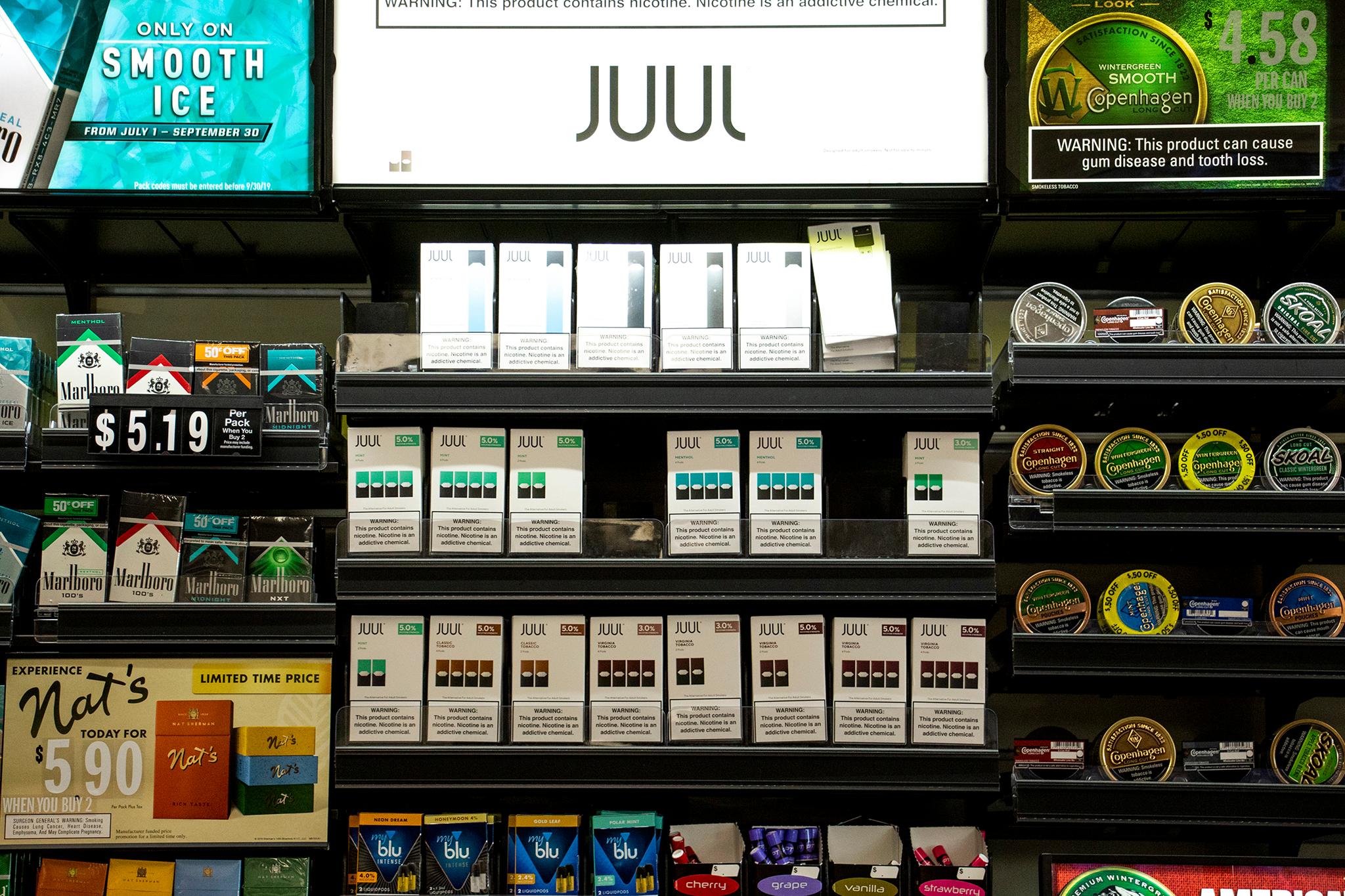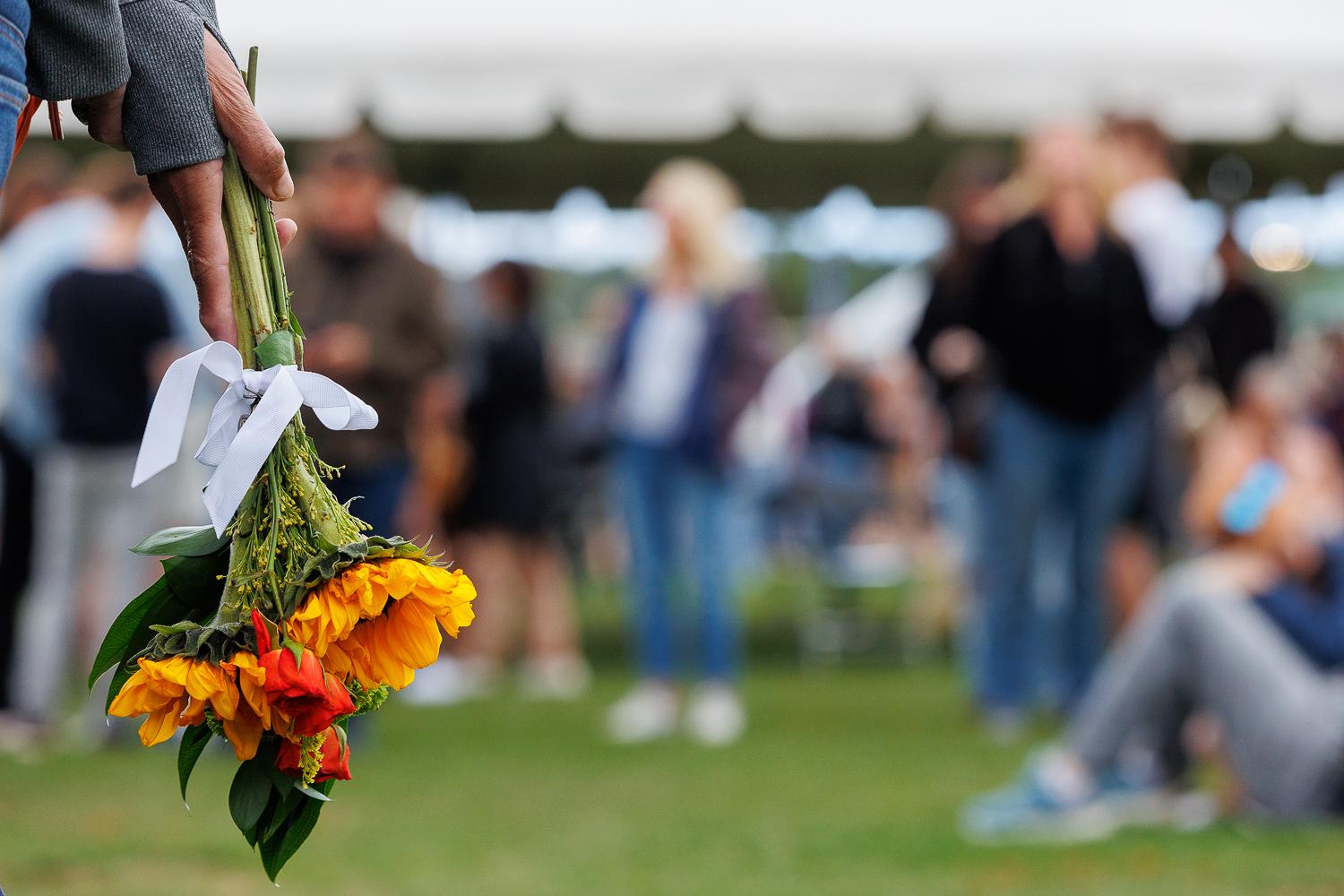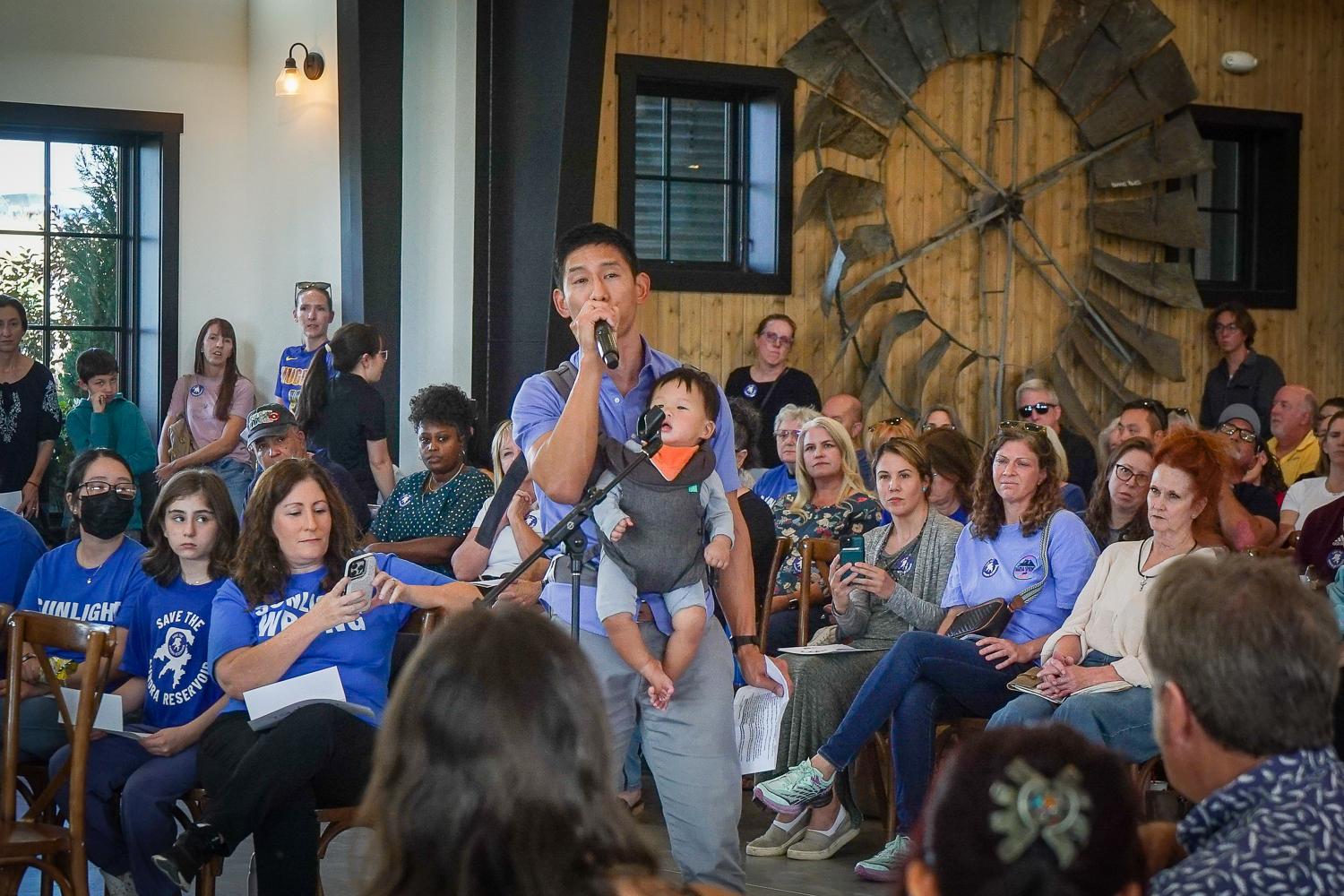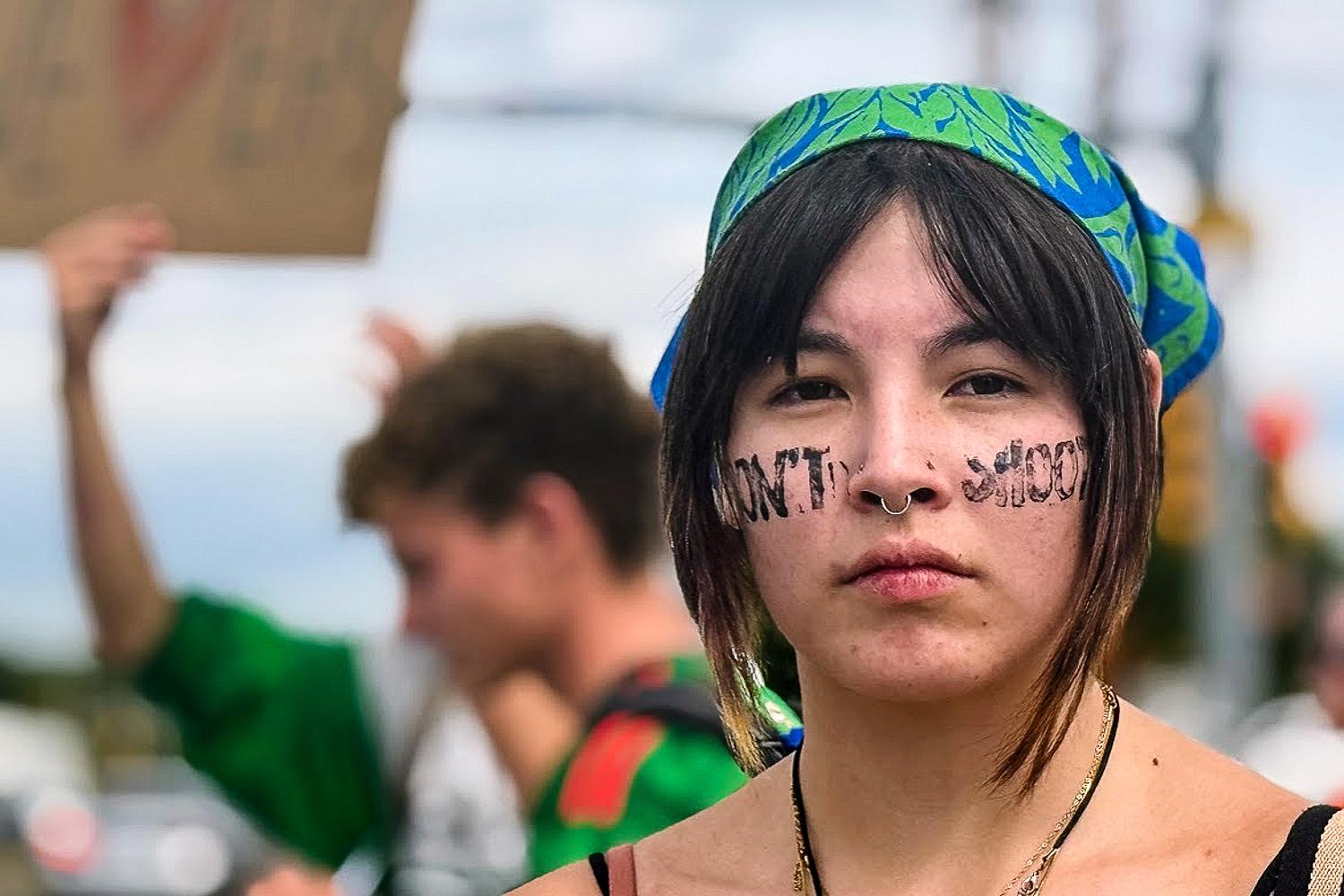
Colorado schools are set to receive $11.4 million from a multistate legal settlement with e-cigarette maker Juul. According to Attorney General Phil Weiser, the money will be used to help address the health implications of underage vaping.
“We know that teen vaping reflects underlying harms, that young people are struggling. There is a connection crisis,” Weiser said in an interview. “There are a lack of resources and relationships, and young people are turning to substances.”
The Colorado Department of Law will collaborate with the Colorado Department of Education to distribute the money.
Weiser said he hoped the funds could be used in a preventative, not punitive way.
“We want to help young people build valuable connections. If they're young people who are vaping, we want them to be able to share that information, get help,” he said. “If they're young people who are thinking about vaping or who are otherwise not feeling good, feeling anxious or depressed, we want them to be able to acknowledge that to peers, to trusted adults, and help build healthier and more resilient lives.”
Last year, Weiser announced Colorado would get nearly $32 million as part of the multi-state legal settlement with Juul, the company which helped spark a nationwide epidemic of teen vaping.
Five other states and the District of Columbia were part of the $462 million settlement. At the time, Colorado was the top state in the nation per capita for teen vaping.
The deal ended a lawsuit against the popular e-cigarette brand for targeting young people and misrepresenting health risks of its products.
Weiser said the grants will go to programs to help kids make “informed and better decisions” about their health and well being.
Weiser noted this one-time money won’t solve the youth mental health crisis and more resources are needed.
“The sad and painful reality is what educators, parents, and communities need is far more than the money we have available from this lawsuit,” Weiser said.
The Vaping Prevention Education Grant intends to address youth vaping with a comprehensive education, prevention and treatment strategy. It may also include mental and behavioral health services. Up to $3.8 million in grants will be disbursed annually to local K-12 education providers for three consecutive years, starting in the next school year.
“The new Vaping Education Prevention Grant provides much-needed resources for our school districts and boards of cooperative educational services to support students in learning about making healthy and responsible choices,” said Colorado Education Commissioner Susana Córdova, in a press release from the AG’s office.
According to the release, the grant will also :
- Provide professional development opportunities for school staff;
- Increase family and community involvement in promoting healthy lifestyles and choices for students;
- Include activities and programming that incorporate youth voices and are culturally responsive; and
- Adopt or enhance comprehensive vaping and drug prevention policies that include electronic nicotine delivery systems and move towards student-centered alternatives to suspension approaches.
The AG’s office sued Juul in 2020 over its marketing practices. The probe found the company targeted “cool kids” in ads and social media campaigns. It enlisted “brand ambassadors” to hand out free samples to young people at Colorado convenience stores. It hired social media influencers to promote the products, aiming to introduce young people to e-cigarettes.
During this same time, vaping took off around the country and “Juuling” became a well-known expression and habit for many young people.
Under the agreement, Juul is banned from using those marketing tactics in the future.
Recent data from the state health department show adult vaping rates are now increasing in Colorado, driven by a sharp spike among young, college-age adults, 18 to 24.
Earlier this year, the AG’s office issued a request for proposals to non-profit organizations for $6 million to combat youth vaping. Grant awards are set to be announced in July.
Weiser said a plan for the third and last installment, for the final half, of the funding will be announced later this year.
“There'll be a third leg of this funding opportunity,” he said.. “We realized the trajectory of how young people are doing, how much they're vaping, how much they're having suicidal thoughts, how much they're engaging in self-harm, and other destructive behaviors.”
“It's all in the wrong direction. We need to turn all those directions around,” he said.









